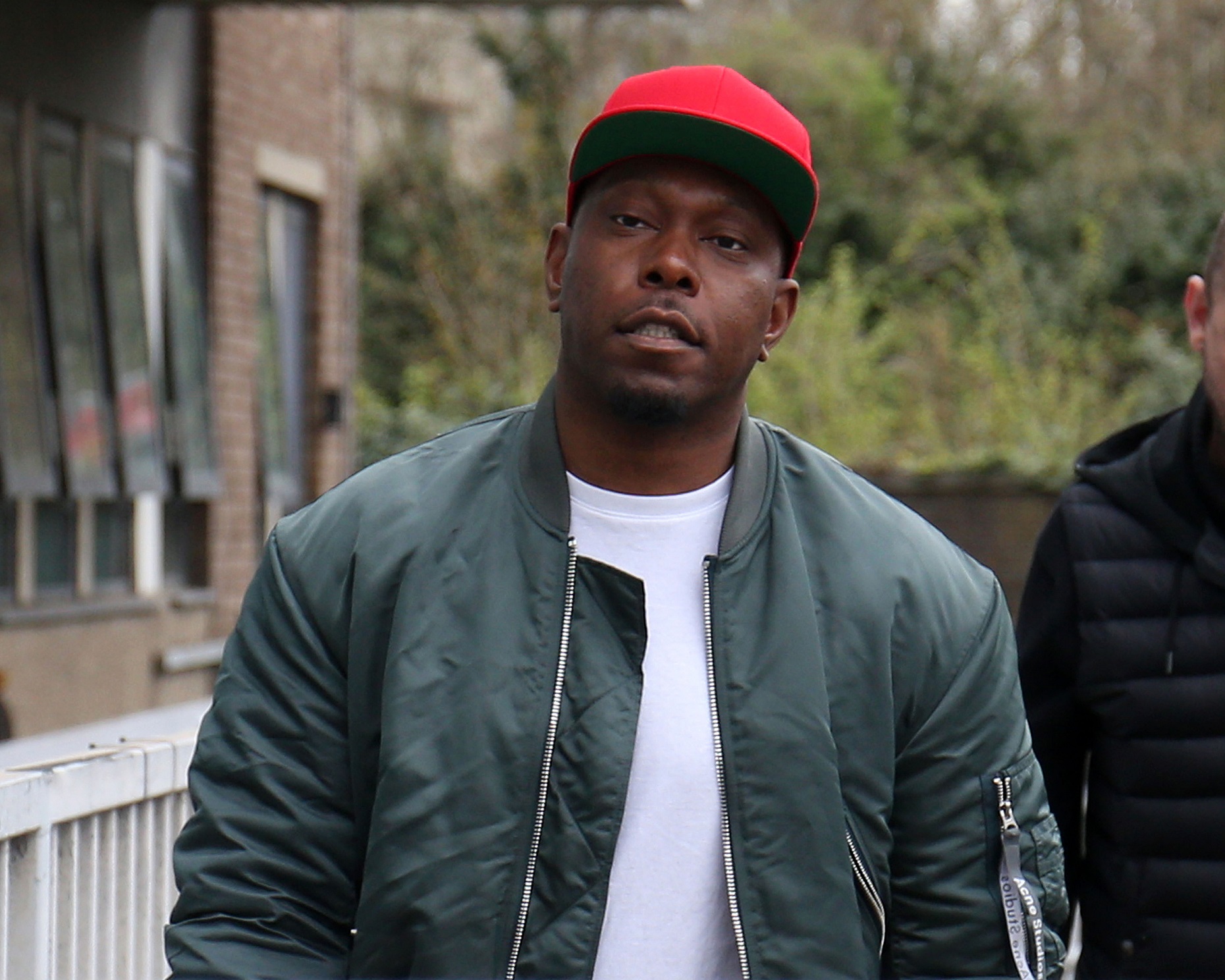
But Mills has already been at the centre of major controversy even before landing in New Zealand, as many and varied folk debated whether his recent conviction for assault on his former partner should have been the catalyst for a range of measures.
Some wanted Dizzee Rascal removed from the festival’s bill, others wanted him barred from the country entirely.
If having a criminal conviction was to automatically preclude an artist from performing in New Zealand the number of musicians coming to play here would be considerably smaller.
To give just one recent example, Guns ‘n Roses performed in Wellington and Auckland a fortnight ago . . . they were meant to have played in Dunedin as well, before Covid changed their plans.
Lead singer Axl Rose has previously been arrested multiple times, been accused of starting a riot, charged with assault, and has settled lawsuits from women accusing him of violence out of court.
Many of these incidents were several years ago whereas Dizzee Rascal’s conviction was several months ago, but if there was a similar clamour for Guns ‘n Roses to be prevented from performing in New Zealand, it was a very quiet one.
Some might wonder if the double standard highlighted by Sacha Baron Cohen’s comedy rapper Ali G — "is it because I is black?" — is a factor in this controversy?
To a degree, and for a small minority of commentators, possibly, but the condemnation of the selection of Dizzee Rascal from the likes of Women's Refuge chief executive Dr Ang Jury — "He's an angry man, and I don't think we need any more angry men in our country. We have enough of our own." — comes from an all too well informed position.
It is estimated about one-third of New Zealand women have experienced violence at the hands of their partner, while more than half have experienced psychological or emotional abuse.

The court heard that he pressed his forehead against hers and pushed her to the ground during a chaotic argument.
At sentencing Mr Mills was given a 12-month restraining order, a 24-week curfew, and told he must wear an electronic tag.
On Wednesday the festival’s main sponsor, Vodafone, announced that it would have its branding removed from the stage for Dizzee Rascal’s performance.
Some have criticised this as a weak and mealy-mouthed response, but Vodafone would have signed its no doubt expensive sponsorship contract long before the concert organisers decided upon their final line-up.
The firm has a long history of backing arts and music events, but it also has a long-standing social investment in domestic violence prevention. Removing its logos and signage might seem a minor gesture, but it is nevertheless one which has been accompanied by a strong message of condemnation which should help raise awareness of the issue.
The spotlight should be firmly focused on Rhythm and Vines in all this.
Organisers knew of Dizzee Rascal’s recent conviction when they decided to sign him up, and should have seen this easily avoidable controversy as the inevitable outcome of that decision.
In broader terms, abuse and exploitation of women is an issue the New Zealand music industry is all too slowly trying to work its way towards improving.
In 2020 Amplify Aotearoa, a well-researched and deeply disturbing report into women’s experiences of working in the local entertainment industry, was released.
Sector leaders promised action, but tone deaf decisions such as picking a performer convicted of violence against women to headline one of New Zealand’s premier music events shows there is still a long way for the industry to go.












